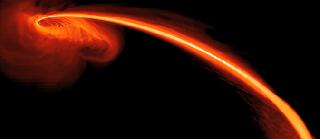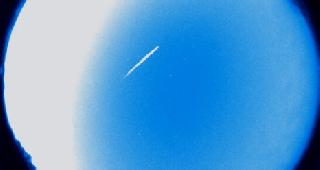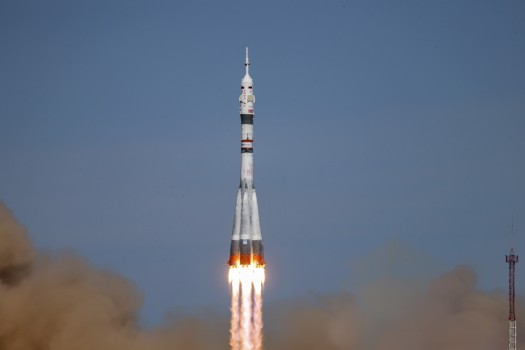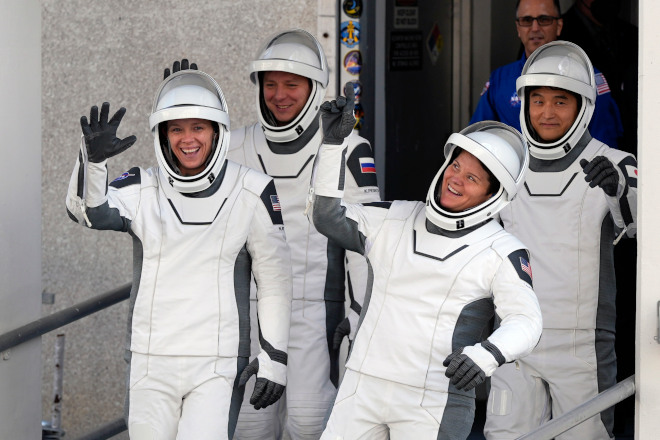
This computer-simulated image shows gas from a tidally shredded star falling into a black hole. Some of the gas also is being ejected at high speeds into space. Photo: NASA/JPL-Caltech/JHU/UCSC.
PARIS (AFP): Scientists have witnessed the rare spectacle of a supermassive black hole devouring a star that had ventured too close -- an event that occurs about once in 10,000 years, they have reported.
Matter-sucking black holes normally lurk dormant and undetected at the centre of galaxies, but can occasionally be tracked by the scraps left over from their stellar fests.
"Black holes, like sharks, suffer from a popular misconception that they are perpetual killing machines, said researcher Ryan Chornock from the Harvard-Smithsonian Center for Astrophysics in Massachusetts.
"Actually, they're quiet for most of their lives. Occasionally a star wanders too close, and that's when a feeding frenzy begins."
If a star passes too close, the black hole's gravitational pull can rip it apart before sucking in its gases, which are heated by the friction and start to glow -- giving away the silent killer's hiding place.
 Previous Article
Previous Article Next Article
Next Article













The Indian Air Force, in its flight trials evaluation report submitted before the Defence Ministry l..
view articleAn insight into the Medium Multi-Role Combat Aircraft competition...
view articleSky enthusiasts can now spot the International Space Station (ISS) commanded by Indian-American astr..
view article